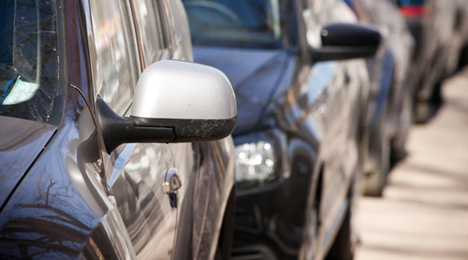A Consignor’s View on Recalls

By subscribing, you agree to receive communications from Auto Remarketing and our partners in accordance with our Privacy Policy. We may share your information with select partners and sponsors who may contact you about their products and services. You may unsubscribe at any time.
CARY, N.C. –
The wholesale business is incredibly intricate, even when things are running smoothly. When you add another level of complexity that recalls necessitate, things can get tricky.
Auto Remarketing explored this angle recently from the auction’s point of view to see how it these businesses are handling what is turning out to be the biggest recall environment in our nation’s history.
The wholesale picture is not complete, however, without the voice of the consignors, who — to say the least — play an integral part in the business.
Dan Kennedy, General Motors’ manager of remarketing, offered some insight on how his company handles the rapid nature of today’s recall environment.
We asked him how often vehicles are required to be pulled from an auction lineup due to a sudden or unexpected recall.
“Yes, it happens,” Kennedy said. “At GM, we verify all vehicle eligibility prior to the actual sale occurring, checking for open non-discretionary recalls. If a vehicle is found with an open non-discretionary recall, the vehicle is immediately pulled from the sale and parked until arrangements can be made to have a local certified GM dealer complete the recall.”
Subscribe to Auto Remarketing to stay informed and stay ahead.
By subscribing, you agree to receive communications from Auto Remarketing and our partners in accordance with our Privacy Policy. We may share your information with select partners and sponsors who may contact you about their products and services. You may unsubscribe at any time.
Kennedy went on to reaffirm the importance of the auction-franchise connection.
“The auctions have relationships with local dealers that are certified to complete any open recall issue,” Kennedy said. “Typically we use these local dealers to complete the open recalls.”
In our previous story, AR was also curious about another key question in the recall environment impacting the wholesale business: who is responsible for fixing the recalls?
We asked the same question of Kennedy.
“The burden is on the vehicle manufacturer,” Kennedy said. “It is the manufacturer’s responsibility to ensure parts are available and a process is in place to repair/correct the non-discretionary recall action and return the vehicle to meet all requirements.”


